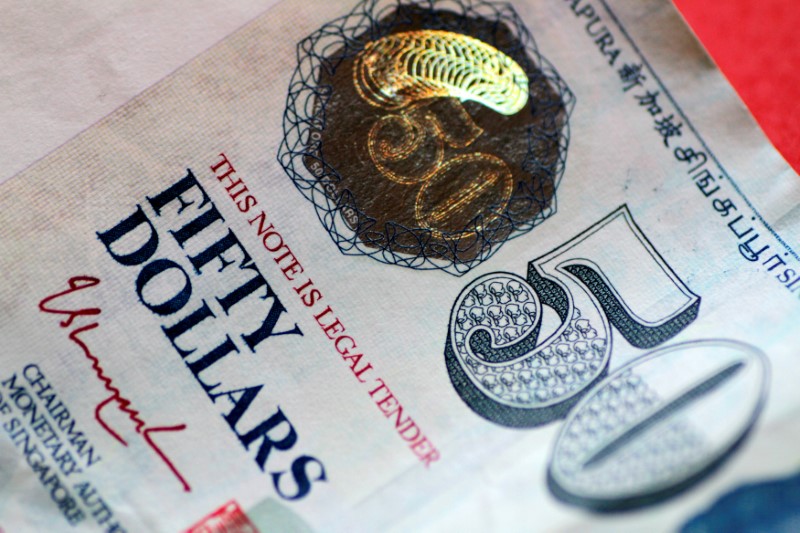SINGAPORE (Reuters) - Singapore confirmed it plans to hike its sales tax to 9 percent from 7 percent, but said the change will only be made "sometime" between 2021 and 2025.
Pushing a change till at least three years away surprised some, after policymakers had flagged before Monday's budget speech that Singapore must increase revenue to meet future spending needs of its rapidly ageing population.
"The exact timing will depend on the state of the economy, how much our expenditures grow, and how buoyant our existing taxes are. But I expect that we will need to do so earlier rather than later in the period," Finance Minister Heng Swee Keat told parliament.
"This GST increase is necessary because even after exploring various options to manage our future expenditures through prudent spending, saving and borrowing for infrastructure, there is still a gap."
One tax change that will take place in 2019 is with carbon tax, which will stand at S$5 per tonne of greenhouse gas emissions from 2019 to 2023. The plan is to increase it to between S$10-S$15 per tonne by 2030.
Singapore introduced a GST in 1994, with a 3 percent rate. This was raised to 4 percent in 2003 and 5 percent in 2004, then to 7 percent in 2007.
Nine of 10 economists polled by Reuters had expected the government to hike the GST rate, which is one of the world's lowest rates for consumption taxes.
The budget statement came after Singapore's trade-reliant economy recorded full-year growth of 3.6 percent in 2017, the highest in three years, getting a boost from a recovery in global demand.
(For a graphic on Singapore's ageing demographics click http://reut.rs/2BzapNH)
